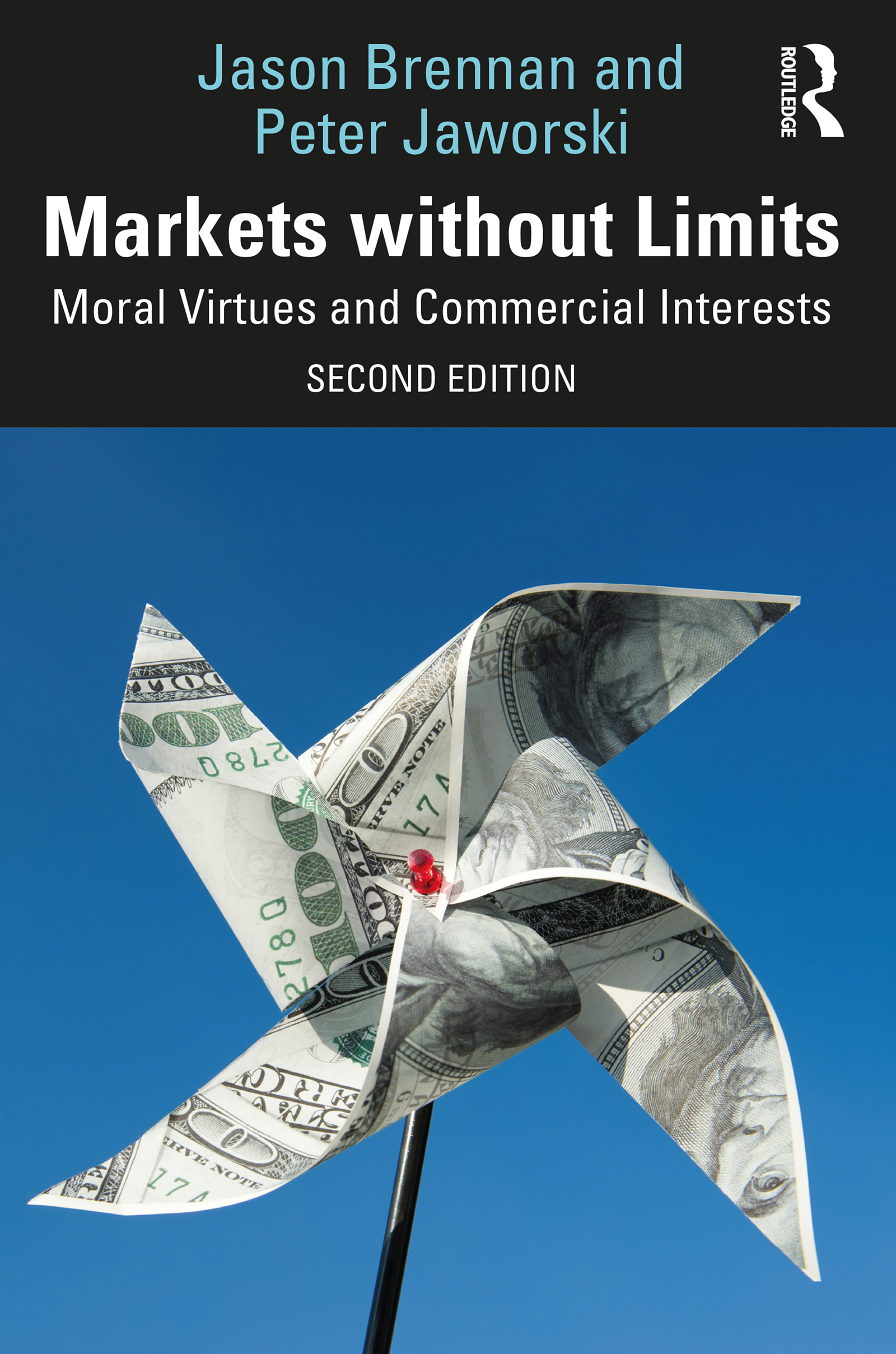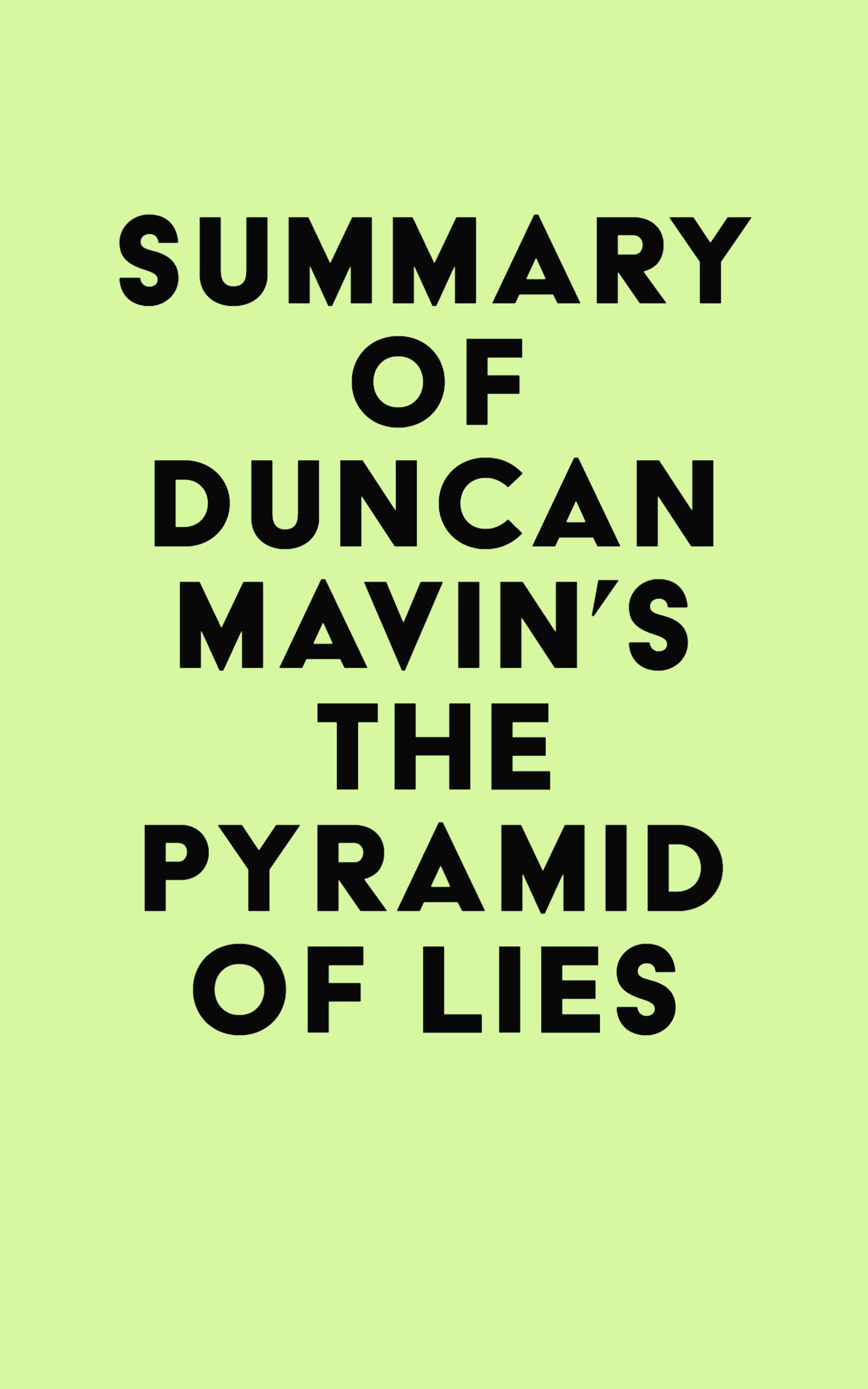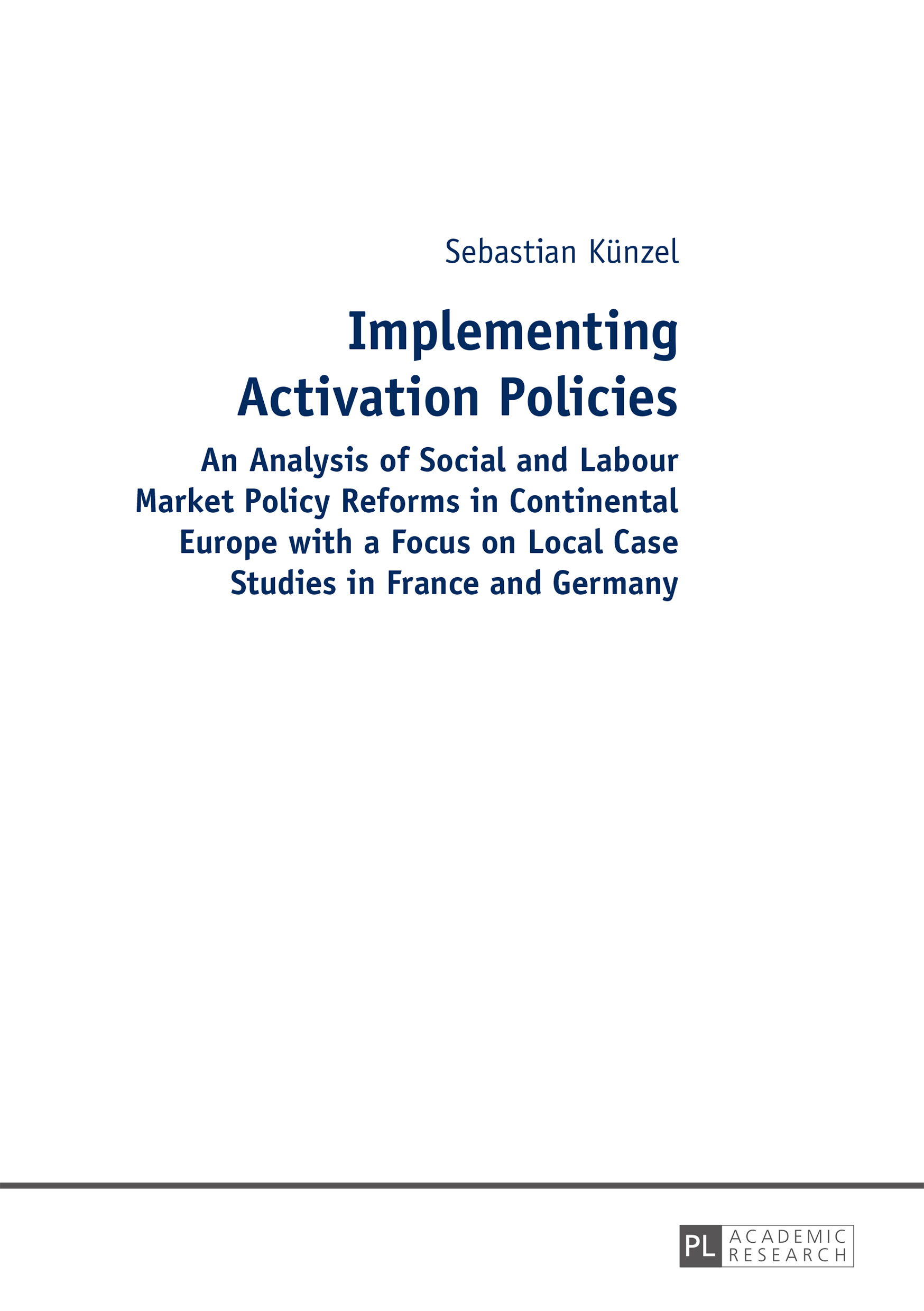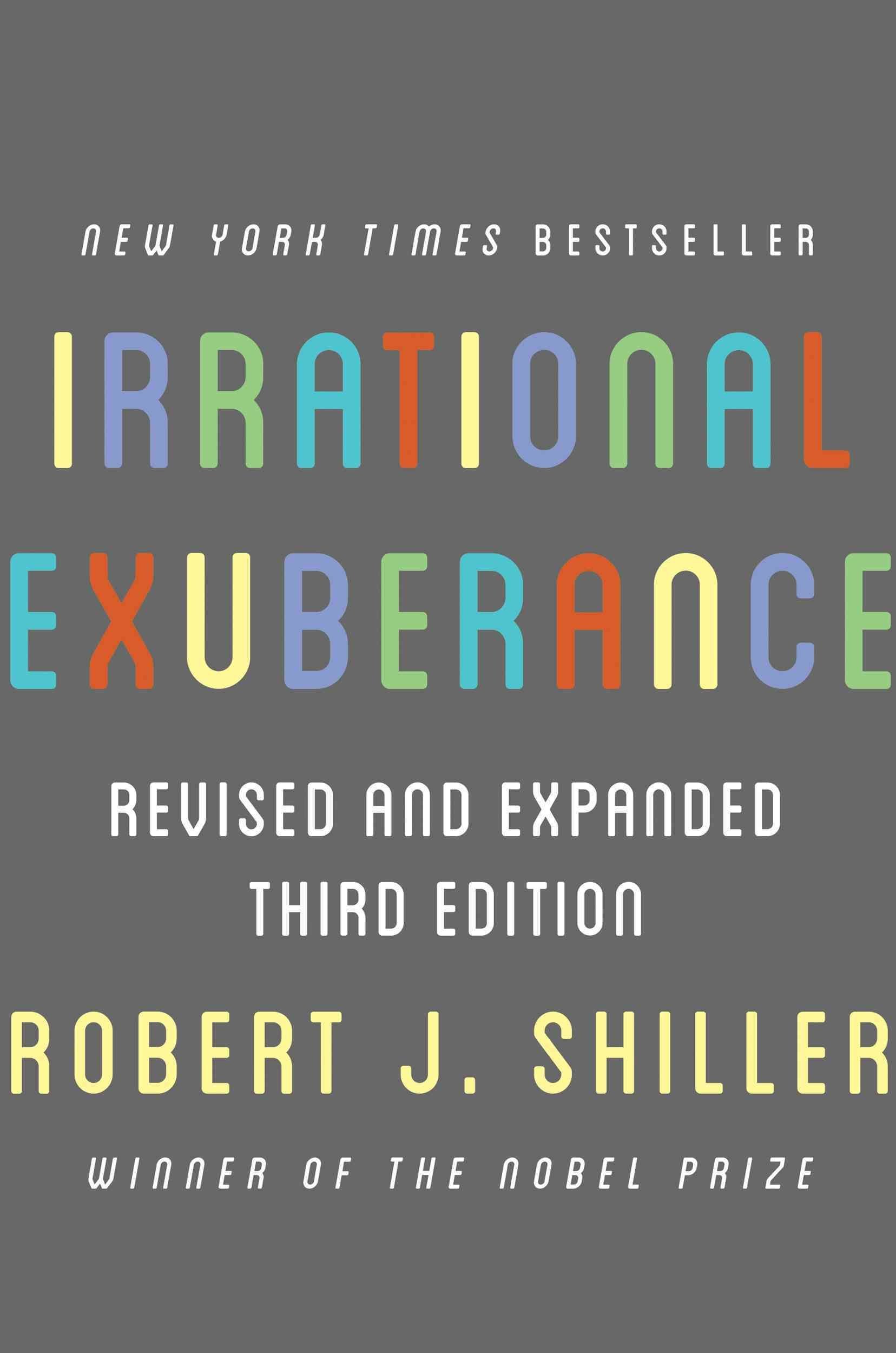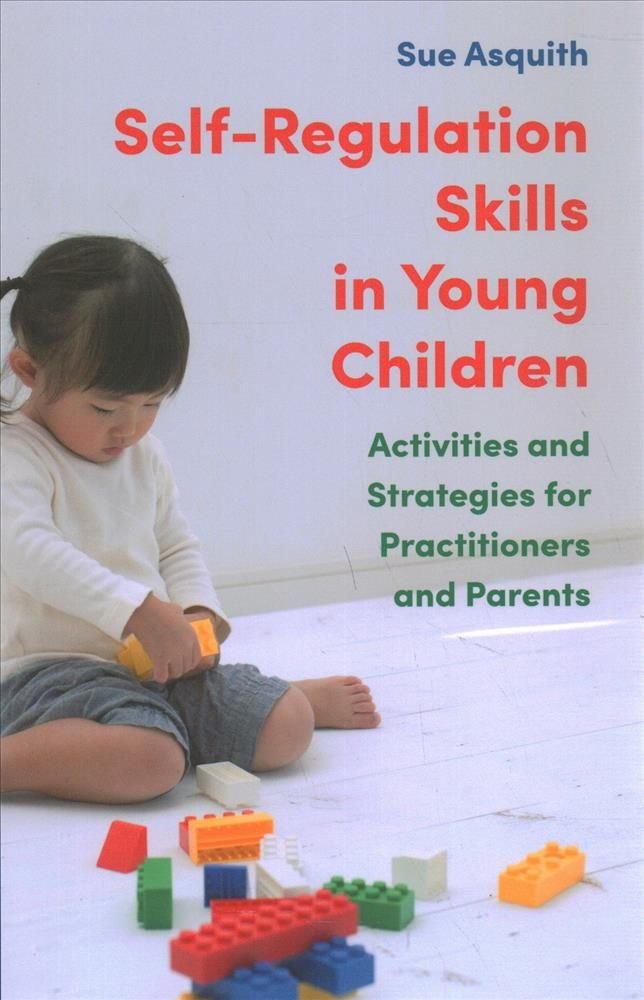May you sell your spare kidney? May gay men pay surrogates to bear them children? Should we allow betting markets on terrorist attacks and natural disasters? May spouses pay each other to do the dishes, watch the kids, or have sex? Should we allow the rich to genetically engineer gifted, beautiful children? May you ever sell your vote? Most people-and many philosophers-shudder at these questions. To put some goods and services for sale offends human dignity. If everything is commodified, then nothing is sacred. The market corrodes our character. In this expanded second edition of Markets without Limits, Jason Brennan and Peter M. Jaworski say it is now past time to give markets a fair hearing. The market does not, the authors claim, introduce wrongness where there was not any previously. Thus, the question of what rightfully may be bought and sold has a simple answer: if you may do it for free, you may do it for money. Contrary to the conservative consensus, Brennan and Jaworski claim there are no inherent limits to what can be bought and sold, but only restrictions on how we buy and sell. Key Updates and Revisions to the Second Edition: Includes revised introductory chapters to further clarify what’s at stake in the commodification debate. Provides easier-to-follow chapters on semiotic objections, stronger analyses of these objections, and more evidence of these objections’ widespread pervasiveness. Offers cogent responses to several recent papers that have raised counterexamples to the authors’ thesis. Includes new empirical evidence on the ways markets sometimes crowd in virtue and altruism. Analyzes the topics of blackmail and “associative” objections to markets. Includes new material on issues surrounding exploitation and coercion, selling citizenship, residency rights, and arguments about “dignity” as objections to markets.
